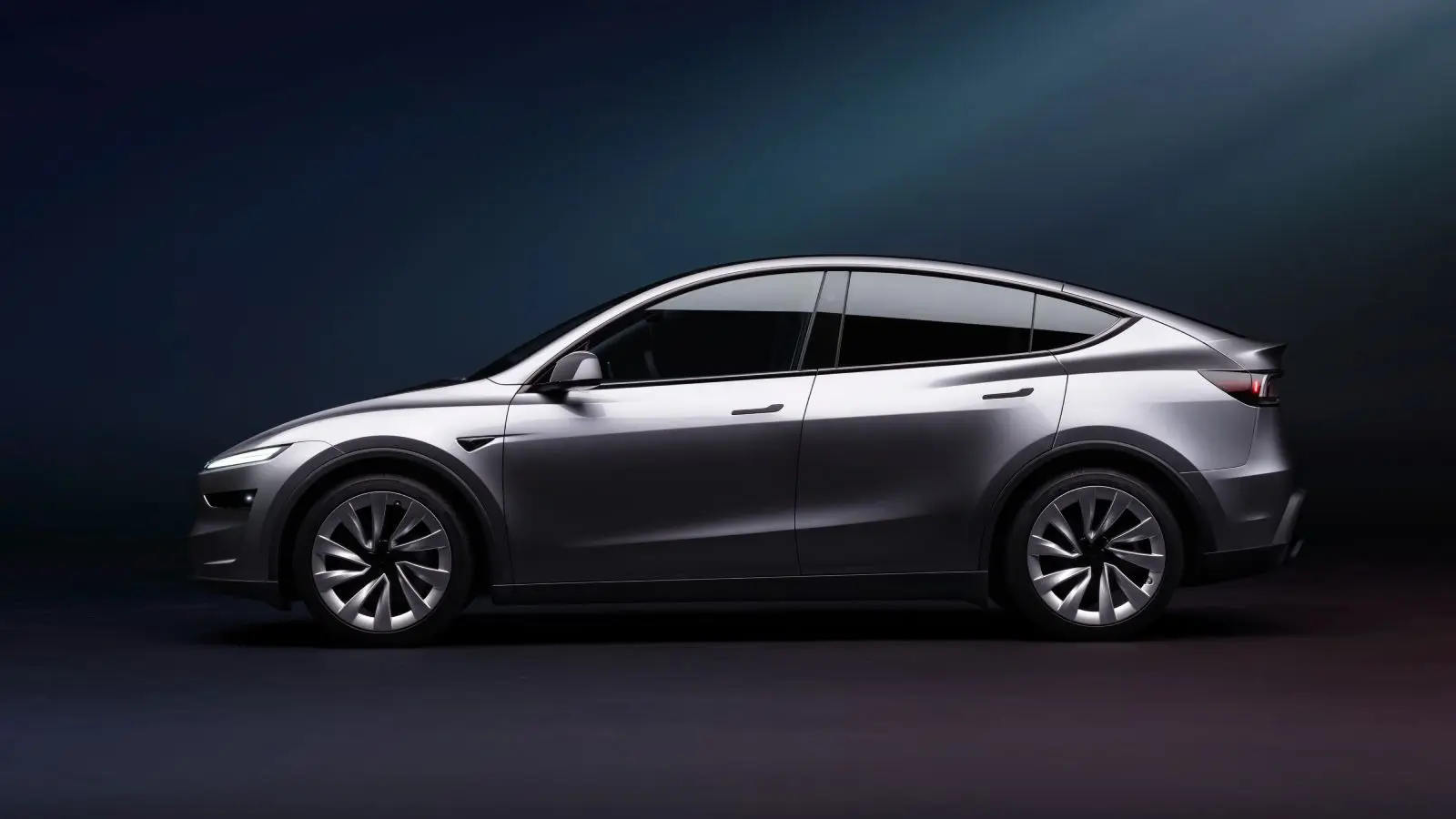Tesla Robotaxi Accidents Raise Questions on Safety and Transparency

Tesla reported three Austin Robotaxi crashes in July, sparking NHTSA interest and concerns over safety, transparency, and plans to remove safety monitors.
Tesla has drawn attention after reports of three accidents involving its new Robotaxi service in Austin, Texas. The service launched in July 2025 with a small fleet of 2026 Model Y vehicles — roughly a dozen cars. Despite its limited scale, the first month already saw trouble: two incidents caused only property damage, while one resulted in a minor injury without hospitalization.
The exact circumstances remain unclear. Available information points to a light contact with a parked car, a wrong-lane maneuver, and an early turn attempt followed by reversing through an intersection. All narrative descriptions submitted by Tesla to NHTSA under Standing General Order 2021-01 were fully redacted, making it impossible to assess the system’s role in the events.
This lack of transparency has drawn criticism. Unlike rivals Waymo and Cruise, which release detailed incident descriptions, Tesla provides only minimal data. Regulators are taking notice: NHTSA has requested additional information and is investigating possible delays in Tesla’s crash reporting.
Another flashpoint is Elon Musk’s pledge to remove the safety monitor by the end of the year. Currently, a human sits in the front seat with access to a kill switch, and new Texas regulations require specific compliance for a fully driverless launch. Experts warn that removing the monitor without a proven safety case could raise risks for road users.
On Wall Street, however, the Robotaxi story has fueled optimism. Tesla shares rose about 8–9% after the pilot launch, and Musk’s net worth has surged nearly $40 billion amid an AI-driven stock rally. Still, analysts caution that without published mileage data and safety metrics, predicting the project’s success is difficult — and the road to full autonomy may be longer than the company suggests.
Mark Havelin
2025, Sep 18 21:42


